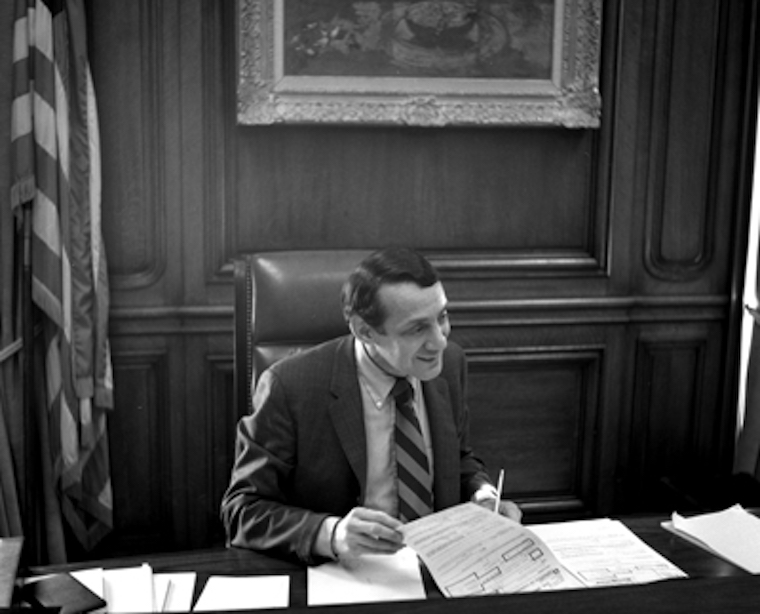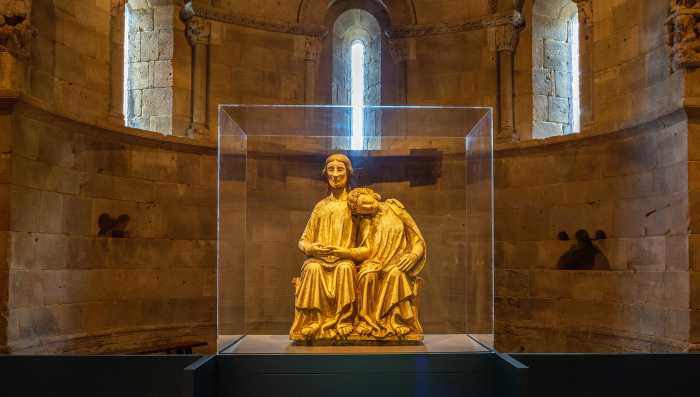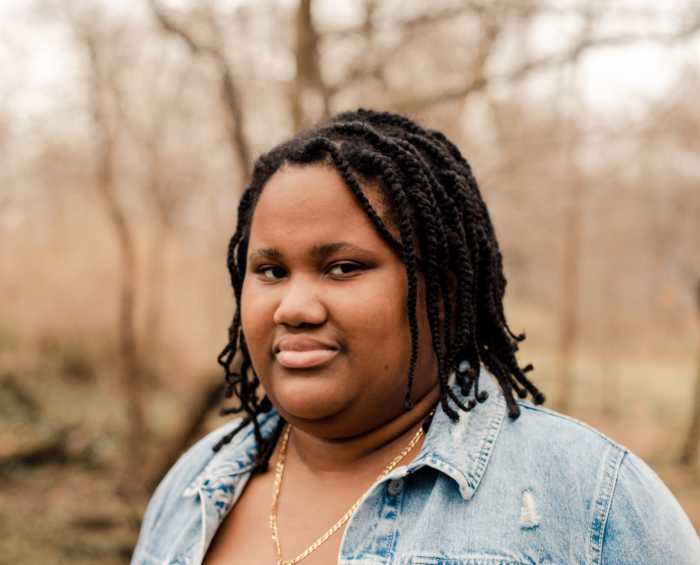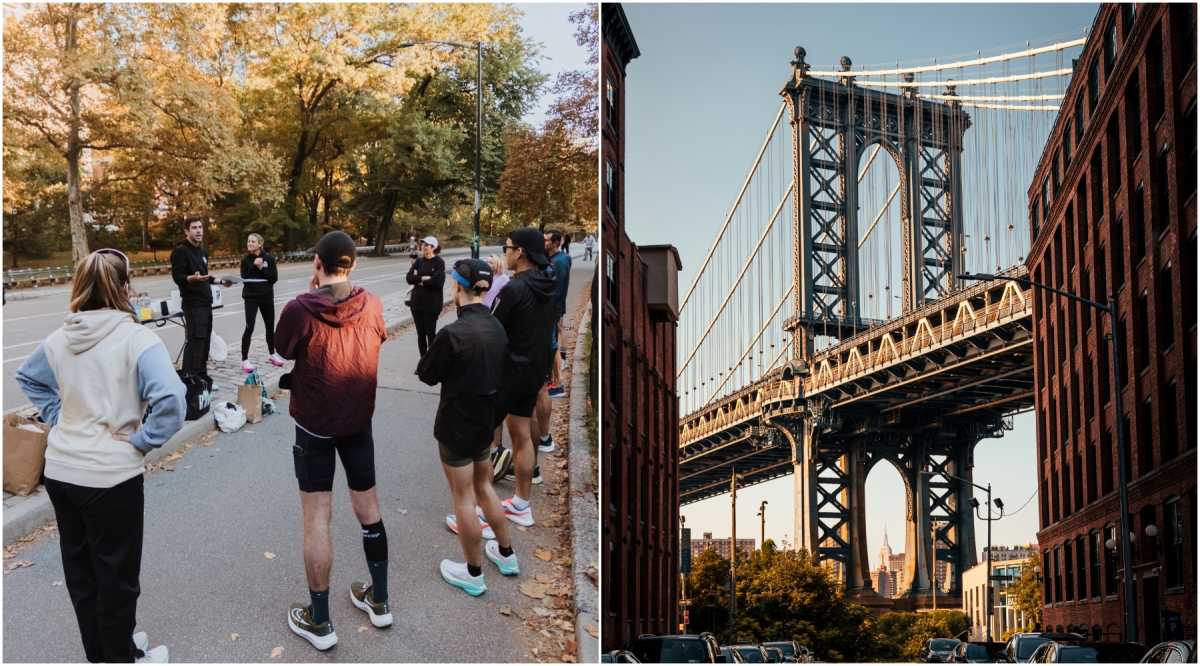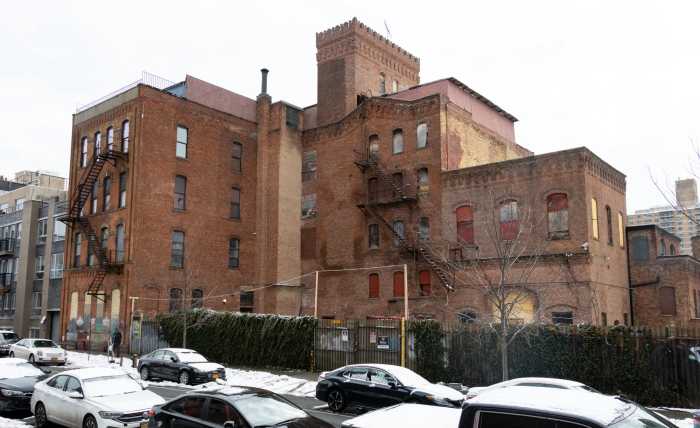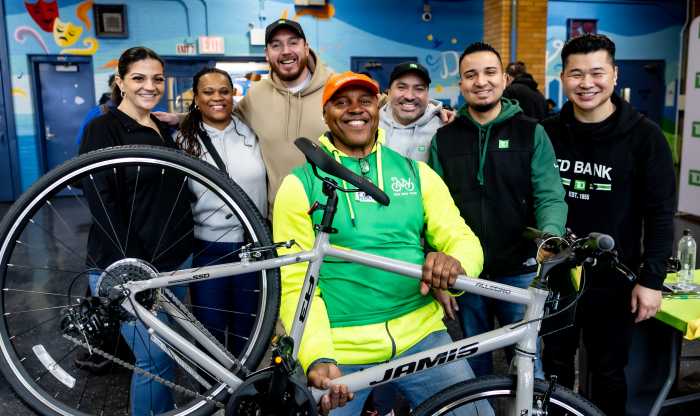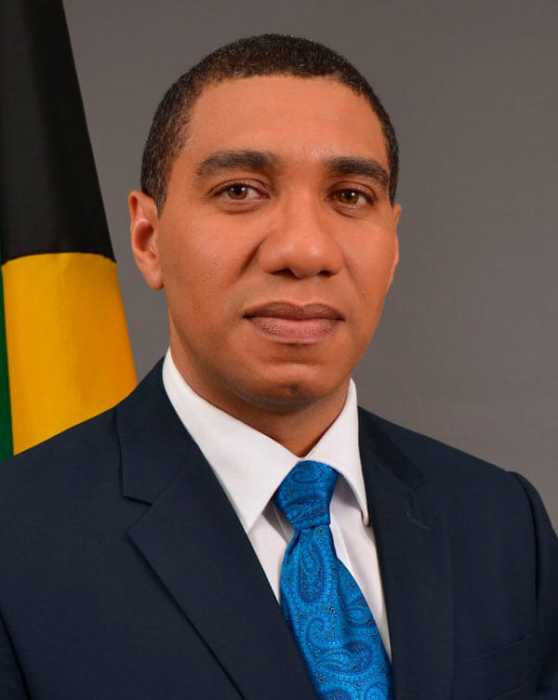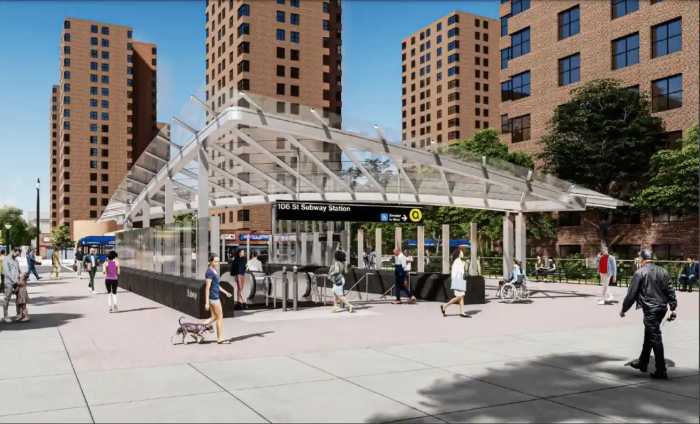The late Harvey Milk became known for his work in the Castro neighborhood of San Francisco: That was where he opened a business, built political power, and made history when he won an election to become a city supervisor. As the nation marks Harvey Milk Day on May 22, many pictures circulating social media show him engaging in gay rights activism against the backdrop of the Bay area.
However, what is not as widely known is that the gay political icon spent the first four decades of his life in New York State. He grew up in Long Island — first in Nassau County before graduating high school in Suffolk County — and went on to attend college at what is now known as SUNY Albany, where he received a Bachelor’s Degree. He later became a teacher in Long Island and worked in finance in Manhattan.
Some of Milk’s earliest known gay experiences were based in New York City. According to Randy Shilts’ book, “The Mayor of Castro Street: The Life and Times of Harvey Milk,” Milk met his future partner, Joe Campbell, in the summer of 1956 at Riis Beach — a popular oceanside LGBTQ hangout spot in Queens.
“A few weeks later, Joe left home and moved into Harvey Milk’s apartment in suburban Rego Park,” the book stated (Rego Park is actually within the confines of Queens).
Years before that, in 1947, Milk was busted for cruising in Central Park, according to Shilts.
When he was still in New York, Milk was also romantically involved with Craig Rodwell, who founded the Oscar Wilde Memorial Bookshop and made waves as a gay rights activist, participating in demonstrations such as the “sip-in” at Julius’ Bar that helped eliminate state liquor policies barring the sale of alcohol to gay people. Milk met Rodwell in Central Park, Shilts wrote.
Milk subsequently moved several times — even returning to New York — as he continued to refine his identity before settling in San Francisco.
Milk made his mark on the Big Apple — and the non-profit NYC LGBT Historic Sites Project outlined several places in the city associated with Milk during the years before he went out west.
One of the historic sites is 360 Central Park West, where Milk and Campbell lived in an apartment from 1958 to 1962, according to the NYC LGBT Historic Sites Project, which noted that Milk lived there for another year after the couple broke up. The apartment was across the street from Central Park on a street corner near W. 96th St., just steps from what is now the 96th St. B and C subway station.
The NYC LGBT Historic Sites Project also lists Central Park as one of the locations tied to Milk — which makes sense given that Milk was arrested there for cruising and where he met Rodwell. Central Park is also historically known as a popular cruising spot for gay men.
Another location associated with Milk is 2 Astor Pl., which was where Milk posthumously made what was arguably his most significant contribution to New York’s LGBTQ community. That location later became the site of Harvey Milk High School thanks to the work of the Institute for the Protection of Lesbian and Gay Youth, which later became the Hetrick Martin Institute.
One more historic site with links to Milk is 112 E. 23rd St., which was where the Institute for the Protection of Lesbian and Gay Youth opened its first office — ultimately paving the way for the school that would be named after Milk.
While he led a quieter life in New York, Milk embraced his sexuality and became more visible once he moved to San Francisco. In 1977, he became the first out gay man elected to public office in California, but he was assassinated a year later when he and Mayor George Moscone were shot and killed by City Supervisor Dan White.

